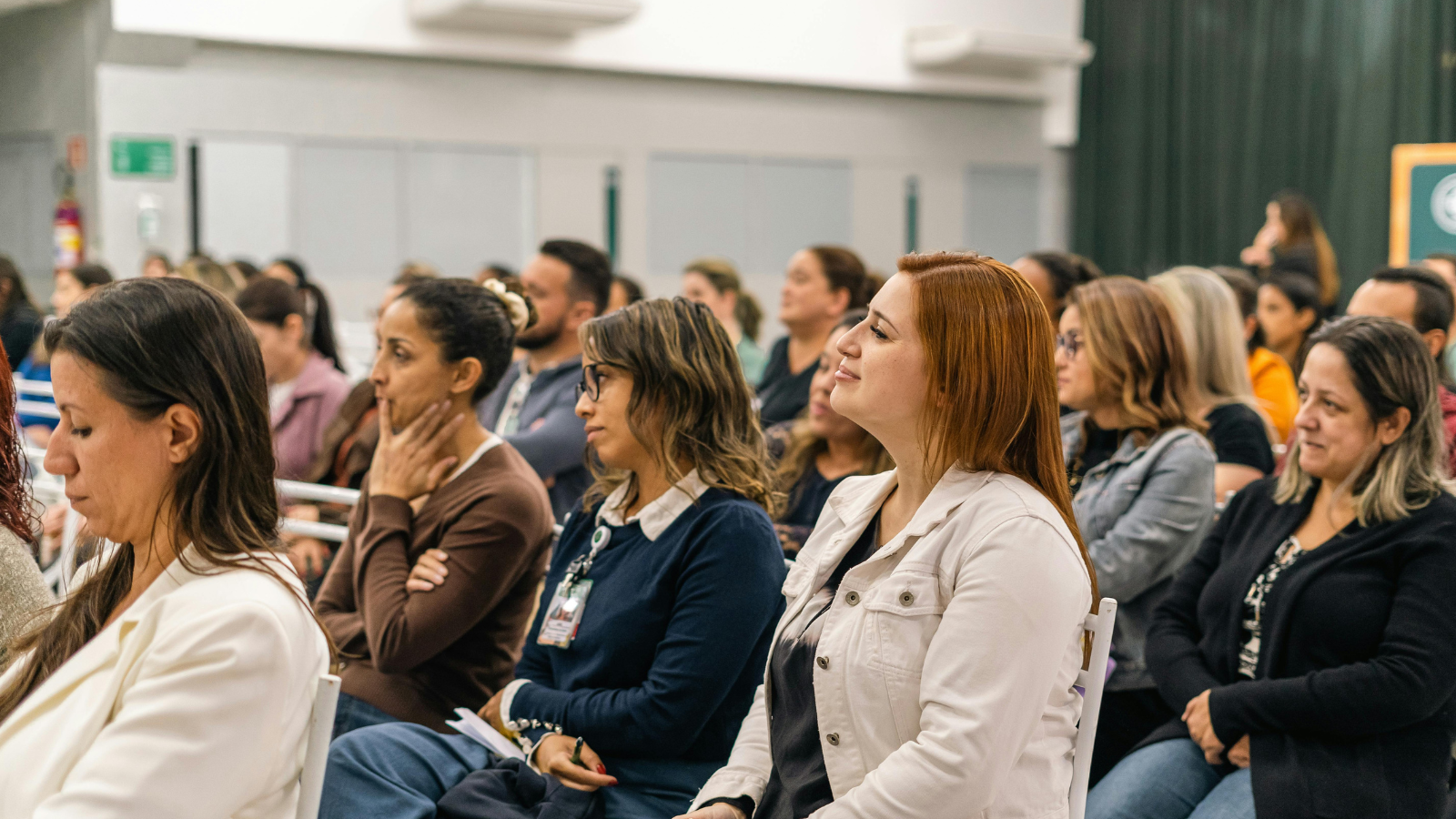The FCPP Team’s Workshop at the 2025 Wake County Out-of-School Summit

The 2025 Out-of-School Summit
On June 4, the Summer Institute for Out-of-School Time (OST) Professionals held their first annual Out-Of-School Summit on June 4, 2025. This summit was open to the public and geared toward afterschool and out-of-school professionals who work with children and youth. Sheneika Simmons, Administrative Manager NC Cooperative Extension at the Wake Center, organized this event.
For every child in an afterschool program in North Carolina, three are waiting for an available program. Therefore, there is a high demand for afterschool and out-of-school summer programs. The Wake County Out-of-School Time (OST) Network strengthens, expands and sustains an ecosystem of out-of-school time (OST) programs that support the whole child, whole family and whole community. The Wake OST Network is a coordinated, collaborative system rooted in positive youth development that helps ensure that all children and youth in Wake County have access to high-quality, culturally-responsive and developmentally-enriching OST opportunities.
The Family-Centered Practice Project’s Workshop at the OST Summit
Claudia Kearney and Jenny King from our Family-Centered Practice Project (FCPP) held a workshop focusing on the importance of youth voices and inclusion of youth in the choices and decisions made about their lives. As today’s young people face evolving challenges, supporting, educating and providing opportunities for them to advocate for themselves is critical.
Identify
This workshop asked out-of-school professionals to (a) understand that young people’s voices are valuable and (b) be aware of youth culture within the larger community context where children, youth and families live.
Apply
It also discussed how to encourage youth to express their ideas and feelings to support healthy development, meaningful relationships and program quality. Developing relationships with children and youth while respecting boundaries, their unique experiences, cultural backgrounds and individual differences in participation style is a crucial step toward ensuring children and youth are heard and feel respected and understood. This helps them develop the capacity for self-reflection, communication, empathy and appreciation of the various cultures and diverse opinions.
Amplify
This workshop and summit act as a resource to help teachers, mentors, coaches and other professionals involved in childcare and child welfare learn how to effectively engage youth. It recommends and promotes equitable program and organizational policies, professional development and practices that support the facilitation of youth engagement. Finally, it advocates for equitable public and philanthropic policies, practices and funding that support the facilitation of youth engagement.
More Resources
For more resources related to youth engagement, check out the following organizations:


